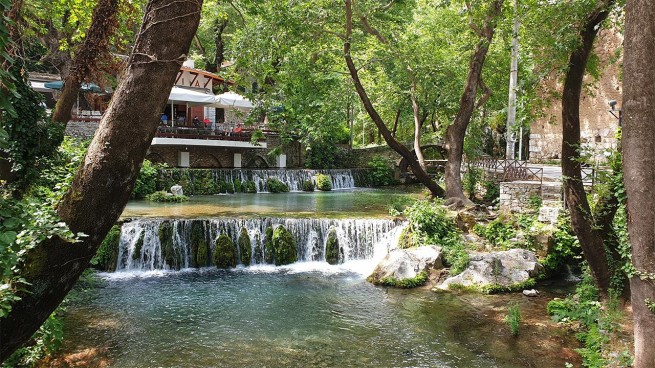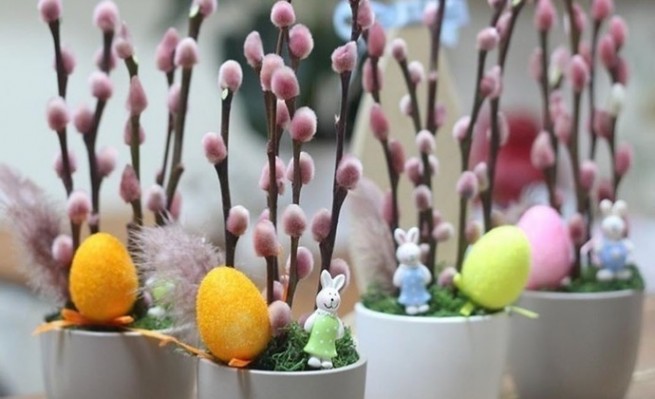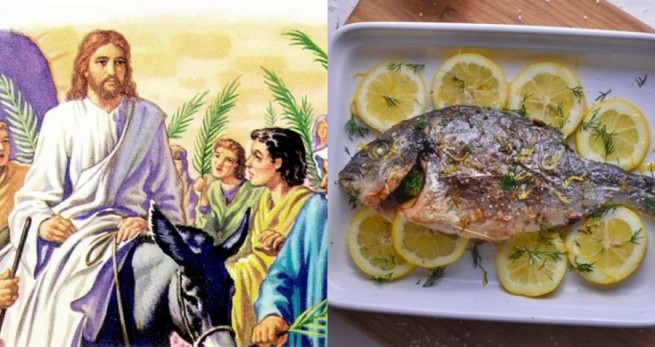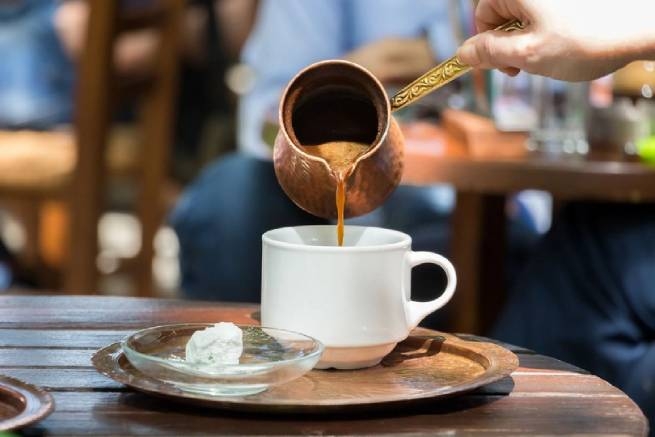Some people dislike coffee because of its bitterness. But often it is not he who is to blame for this, but the method of preparation and ignorance of some of the “tricks” of the process.
You shouldn’t let bitter coffee spoil your start to a new day. It is within your power to make the drink taste good if you know a few tricks.
How does the taste feel
Taste buds are small but powerful instruments. They are constantly on guard – they allow you to identify delicious food and instantly warn you if you have eaten something potentially toxic. Most people find bitterness in the back and center of the tongue. In general, this small muscular human organ is able to recognize five main categories of product taste: sweet, bitter, sour, salty, umami. A little about the latter.
Umami is the taste of high-protein food, allocated to an independent fifth category in China, Japan and other countries of the Far East. Umami is an important flavor component of coffee (espresso and ristretto), Parmesan and Roquefort cheeses, soy sauce, as well as non-fermented foods – walnuts, broccoli, tomatoes, mushrooms (shiitake), thermally processed meat. To feel this taste, you need to release them. This is done through heat treatment. For example, raw meat does not give umami taste, but if cooked, it will appear. If you translate the word “umami” from Japanese, you get “taste good”. And this is the most accurate description of it. Umami makes the taste of any dish richer, deeper, brighter. In other words, better and tastier.
Coffee bitter and sour
It is important not to confuse sour coffee with bitter coffee. Bitterness is a dry and unpleasant taste on the back of the tongue, while sour taste is more harsh and felt on the sides of the tongue. Only after making sure that the coffee is really bitter, you can begin to change the way it is prepared. Some coffees are inherently bitter, and that’s a good thing!
Subtle bitterness is able to complete a complex flavor profile, meticulously balancing sour and sweet notes. The “correct” bitterness in freshly roasted coffee can be grapefruit, dark chocolate, cocoa, licorice. Combined with other flavors, these deliciously bitter notes create richness in the drink. However, sometimes this bitterness is too “intrusive”, it masks the great taste of coffee and makes it undrinkable. Let’s try to find out why this happens.
Causes of excessive bitterness in coffee
There are only three main reasons that you get bitter coffee:
1. Overextraction
Brewing coffee seems like a simple process to many. Indeed: hot water + freshly ground coffee beans = coffee! However, in reality, everything is a little more complicated. When we brew coffee, the sugars, acids, oils and other aromatic ingredients in the grounds dissolve into it. In the Specialty coffee industry (green beans with no primary defects and no more than 5 secondary defects fall into this category), this process is called “extraction” or brewing.
The right balance of organic compounds and delicious flavors poured into the cup is important, otherwise we will end up with under-extracted or over-extracted coffee. “Over-extraction” occurs when coffee grounds are in contact with water for too long and release a lot of organic compounds that give the drink a sharp bitter taste. So it’s worth remembering that too much of a good thing can be bad for you and your coffee!
2. Overcooked coffee beans
The coffee roasting process must combine the right balance of heat, air and rotation – only in this case, green coffee beans turn into coffee of varying degrees of roasting. When this process is delayed, dark overcooked grains remain. This method of roasting is often used by manufacturers to hide imperfections in low quality coffee beans.
It is true that some people enjoy coffee after the darkest roast, but others find it very bitter and unpleasant. If you don’t like bitter dark roasted coffees, avoid coffees that are labeled dark roasted, Italian roasted, French roasted.
3. Water quality and temperature
As you know, coffee consists of two ingredients – directly coffee and water. If one of them is of poor quality, the coffee will not please you with a good taste – the water used can significantly spoil it. Poor quality water contains harsh minerals, chemicals, and other compounds that adversely affect the taste of coffee. For example, the bitterness of coffee can be emphasized by too hard water.
The temperature of the water also plays an important role in the extraction process. If you pour it immediately after boiling, you will “drown” ground coffee in it, which will lead to a “burnt” bitter taste – even the most inveterate lovers of aromatic drink do not like it.
How to make coffee non-bitter
There are three surefire ways to get non-bitter coffee. Using these tricks will help you enjoy the unique, slightly bitter taste of your favorite drink. And it’s not at all difficult to do so.
1. Grinding
If the coffee tastes bitter, then the grind size may be too fine. This is because smaller coffee particles extract aromas and organic compounds more quickly. Smaller coffee particles take less time to hydrate than larger ones.
If your coffee tastes bitter, it means that you have dissolved more organic compounds and flavors than you would like. As you now know, this is called overextraction. To eliminate over-extraction and produce a more balanced drink without bitter notes, grind coarser beans to get larger coffee particles – this slows down the extraction process.
2. Brewing time
If coarser bean grinding is not possible, shorten the brew time. The less time your coffee is brewed, the less extraction it will have. More time = more extraction. More extraction = more bitterness. The goal is to find the sweet spot where acids, sugars, oils and other organic compounds combine to create an unforgettable taste experience.
For French press lovers, this means drinking coffee earlier (perhaps the easiest way to get rid of bitter coffee). For those who prefer to brew pour over (filter coffee), you need to pour the water faster to speed up the drain time.
3. For coffee – the best water
98% of your coffee is water. Poor water quality will prevent you from getting good coffee. Instead of water straight from the tap, use filtered, spring, bottled water. The temperature of the water also affects – for brewing coffee, it is best that it be heated to 90-95 degrees. If you boil water in a kettle, you can achieve this temperature range by leaving it for about a minute after boiling.







More Stories
Why cats don't go to your hands and don't like to be petted
When does old age begin? The answer to this question changes with age.
Association of Professional Nutritionists to be created in Greece